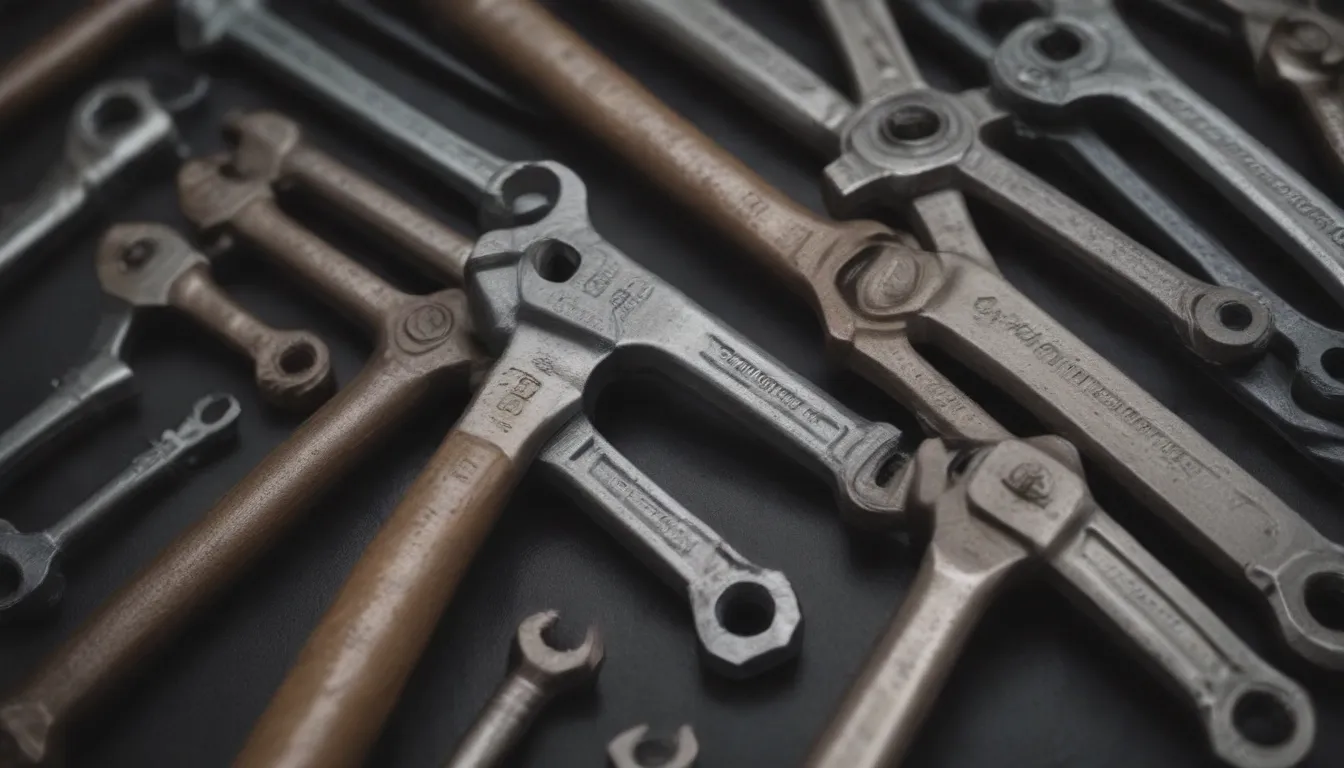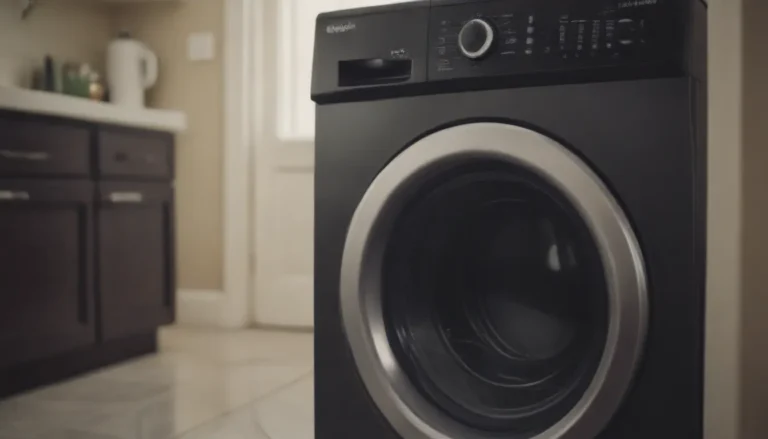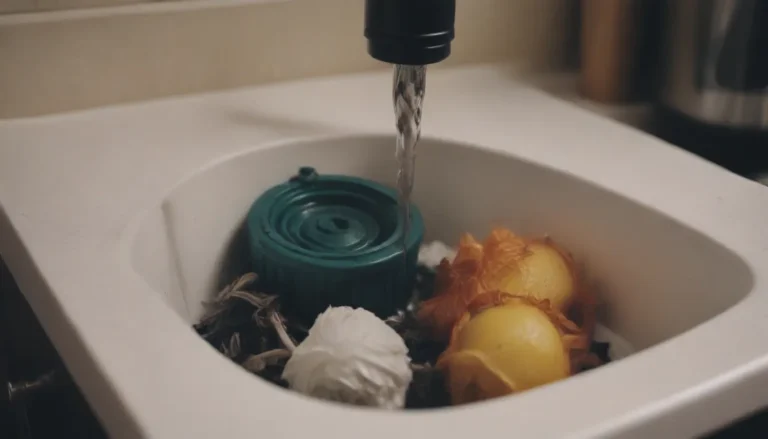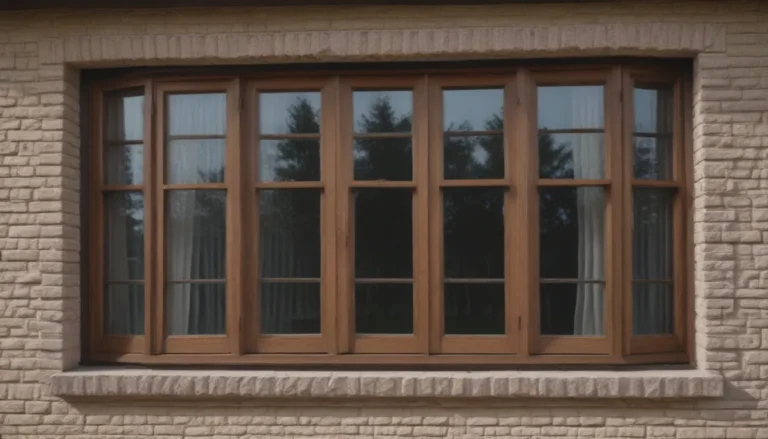The Ultimate Guide to Wrenches: 25 Types and How to Choose the Right One

Wrenches are a staple tool in any DIYer’s or professional’s workshop. Whether you’re tightening a loose bolt or loosening a stubborn nut, having the right wrench for the job is essential. With so many types of wrenches available, it can be overwhelming to choose the best one for your needs. In this comprehensive guide, we’ll explore 25 different types of wrenches and provide you with tips on how to choose the perfect wrench for your next project.
Understanding Wrenches
Wrenches come in a variety of shapes and sizes, each designed for specific tasks. From basic crescent wrenches to specialized oil filter wrenches, there’s a wrench for every job. Here are some common types of wrenches you may encounter:
- Crescent Wrench: Best for general tightening and loosening of a wide range of fasteners.
- Pedal Wrench: Ideal for repairing and maintaining bikes, pedal carts, or pedal boats.
- Box-Ended Wrench: Perfect for tightening or loosening hexagonal or square nuts and bolts.
- Dog Bone Wrench: Commonly used for bike maintenance and repair.
- Combination Wrench: Great for general purpose fitting, fastening, and loosening.
- Striking Wrench: Designed for releasing stuck or rusted fasteners.
- Crowfoot Wrench: Ideal for working in tight spaces.
- Cone Wrench: Used for adjusting the cones of cup and cone bearings on a bicycle.
- Lug Wrench: Essential for removing or reinstalling car wheels.
- Impact Wrench: Fast, powerful, pneumatically driven, ideal for tightening and loosening.
- Plumber’s Wrench: Perfect for gripping pipes and plumbing fittings.
- Fan Clutch Wrench: Specifically for removing fan clutches on vehicles.
- Strap Wrench: Great for gripping round or circular objects.
- Pliers Wrench: Provides an adjustable grip on nuts, bolts, and plumbing fittings.
- Allen Wrench: Ideal for unscrewing or tightening screws and similar fasteners.
- Self-Adjusting Wrench: Automatically adjusts to the correct size to grip the fastener.
- Saltus Wrench: Offers increased maneuverability and working at odd angles.
- Flare Nut Wrench: Provides a better grip when working with hexagonal nuts and fittings.
- Basin Wrench: Perfect for working under sink basins.
- Torque Wrench: Tightens fasteners to a specific torque level.
- Socket Wrench: Great for working on fasteners in tight spaces with a range of different sizes.
- Ratcheting Wrench: Tightens and looses bolts without readjusting the wrench.
- Pipe Wrench: Ideal for working with large plumbing fittings, pipes, and fasteners.
- Open-Ended Wrench: Perfect for difficult to reach nuts and bolts in a variety of situations.
- Oil Filter Wrench: Loosens and tightens oil filters.
How to Choose the Right Wrench
Before purchasing a new wrench for your workshop, consider the following factors to ensure you choose the right tool for the job:
- Consider the Project: Think about the specific tasks you handle, whether at home or work, and choose a wrench based on those requirements.
- Type of Fasteners: Different wrenches are designed for different types of fasteners. Make sure the wrench you choose is suitable for the fasteners you’ll be working with.
- Specialized Jobs: If you have specific tasks that require specialized wrenches, such as plumbing or automotive repairs, make sure to invest in the right tools for those jobs.
- Size of the Wrench: Check the size of the wrench to ensure it fits the fasteners you’ll be working with. Using the wrong size wrench can make the job more difficult.
By following these tips and understanding the different types of wrenches available, you can select the perfect tool for your next project. Whether you’re a DIY enthusiast or a professional tradesperson, having the right wrench on hand can make all the difference in getting the job done efficiently and effectively.
Conclusion
Wrenches are essential tools for anyone who works with nuts, bolts, and fasteners. With a wide variety of wrench types available, it’s important to choose the right tool for the job at hand. By understanding the different types of wrenches and considering your specific needs, you can ensure that you have the right tool for any project. Whether you’re tackling a home repair or working on a professional job, having the right wrench in your toolkit will help you get the job done with ease.
Next time you’re in the market for a new wrench, refer back to this guide to help you choose the perfect tool for your needs. With the right wrench by your side, you’ll be able to tackle any project with confidence and precision. Happy wrenching!





